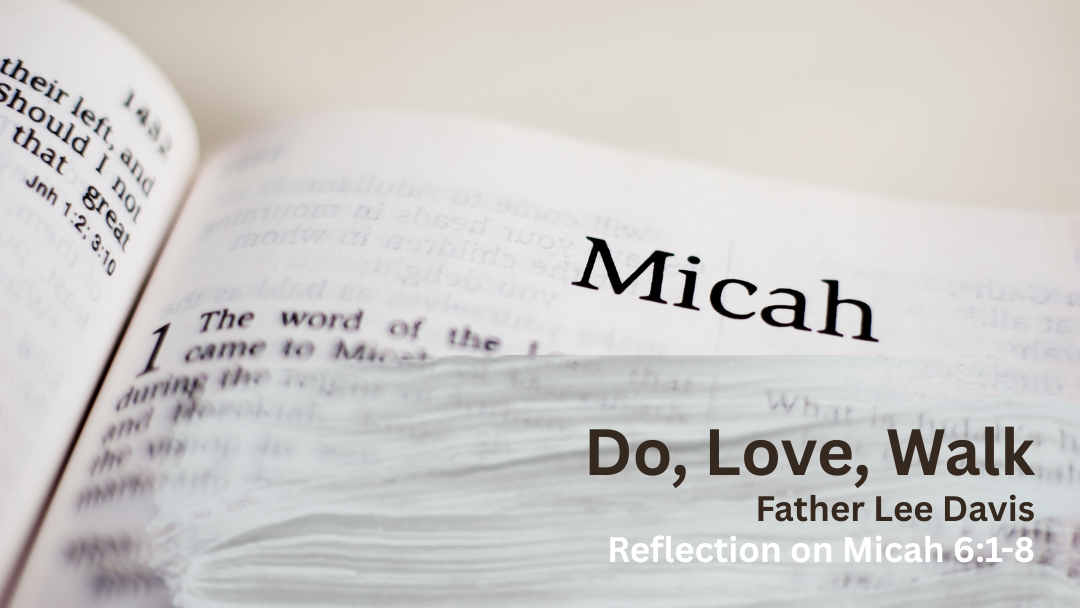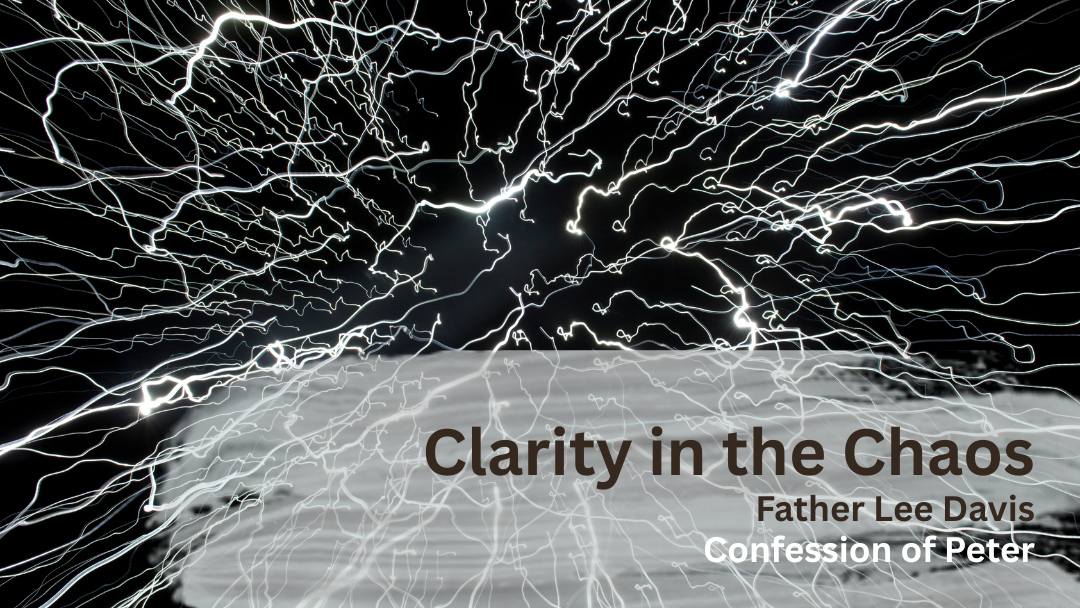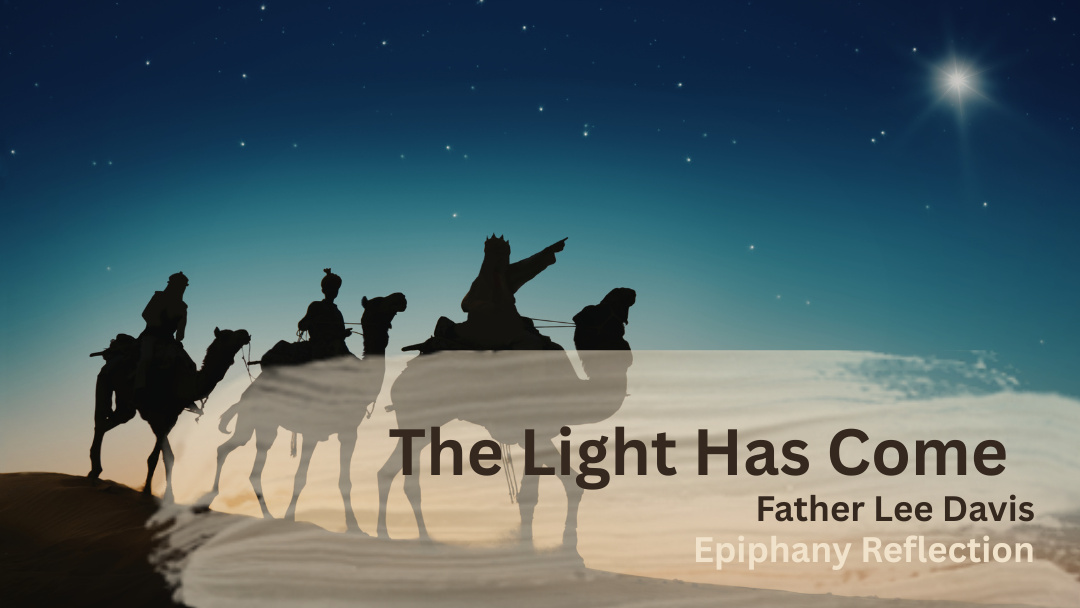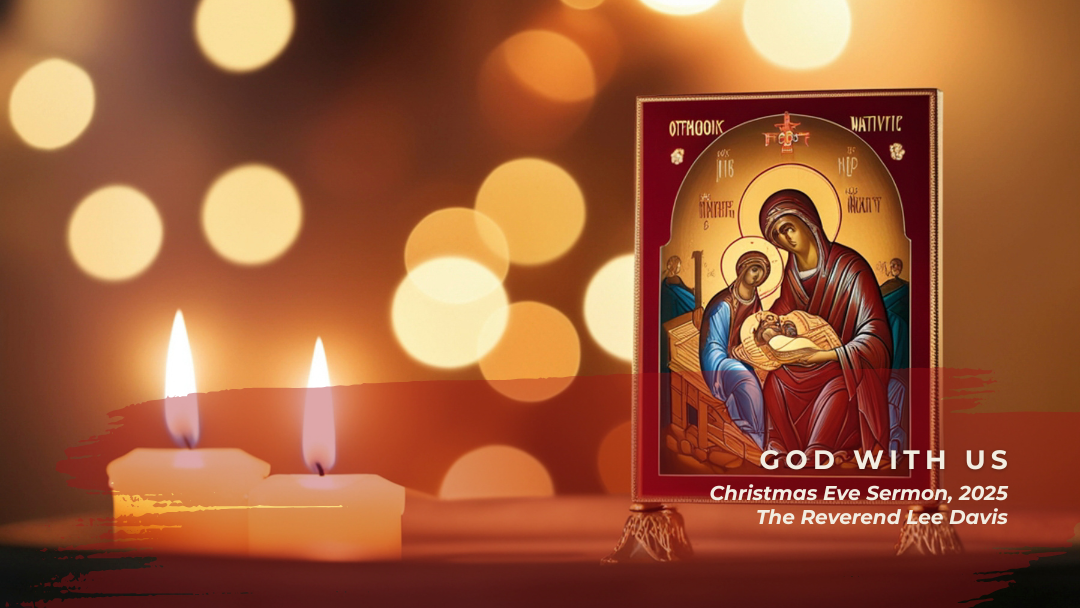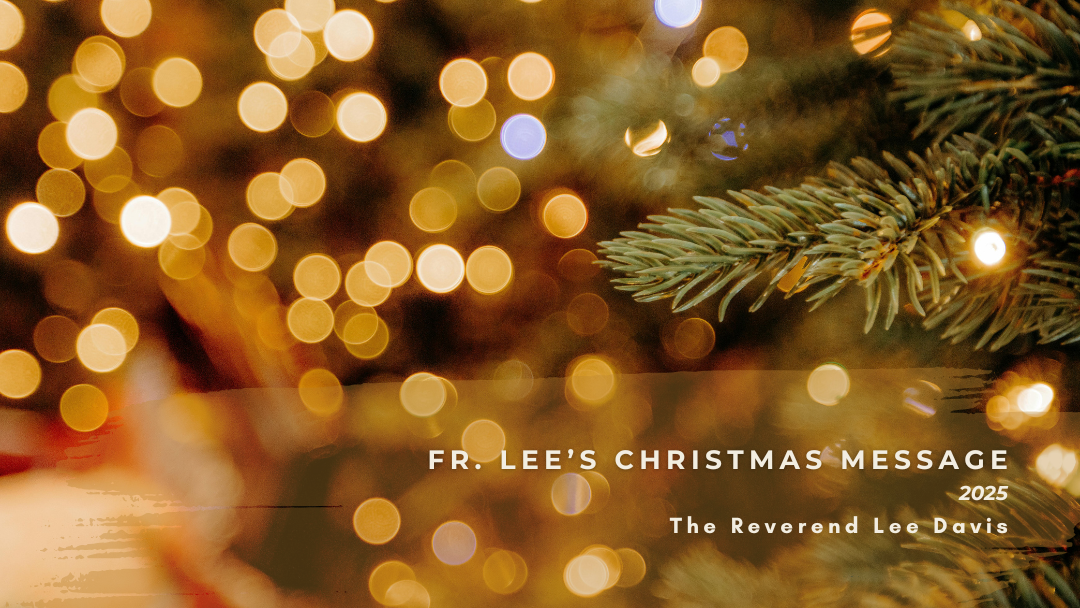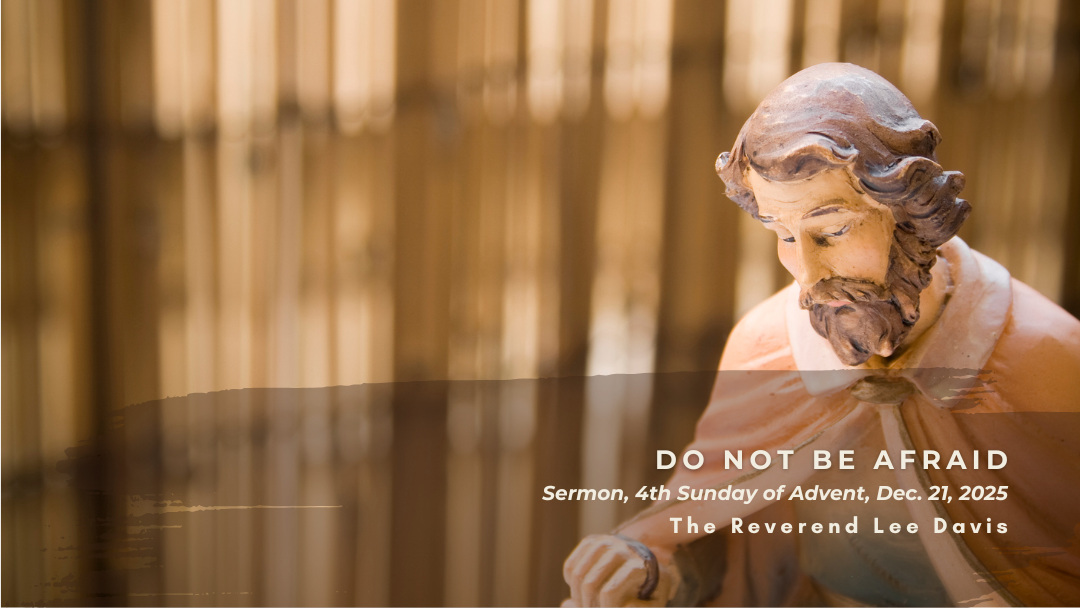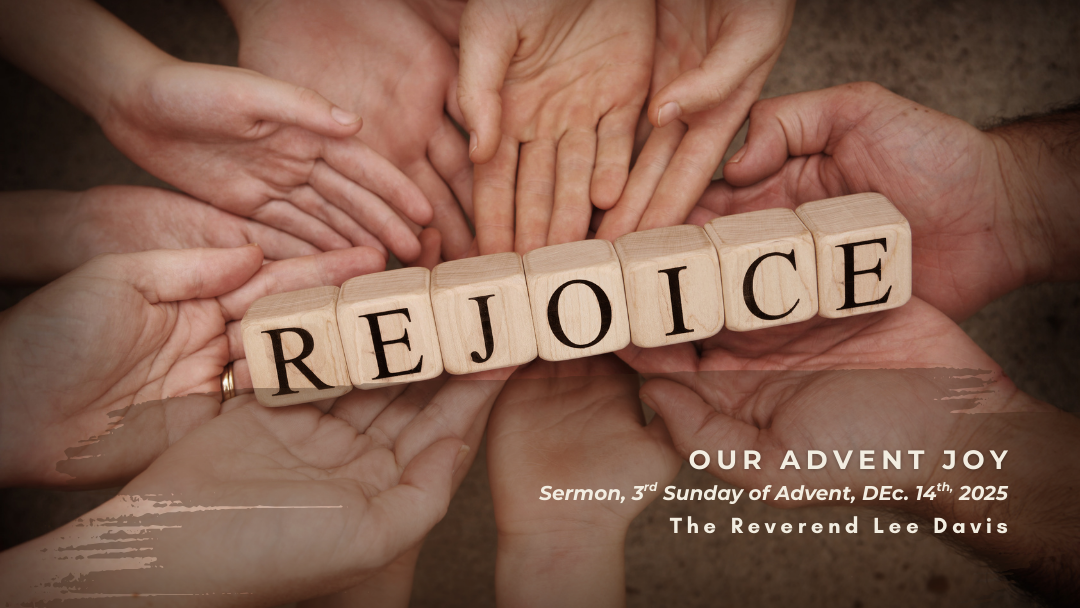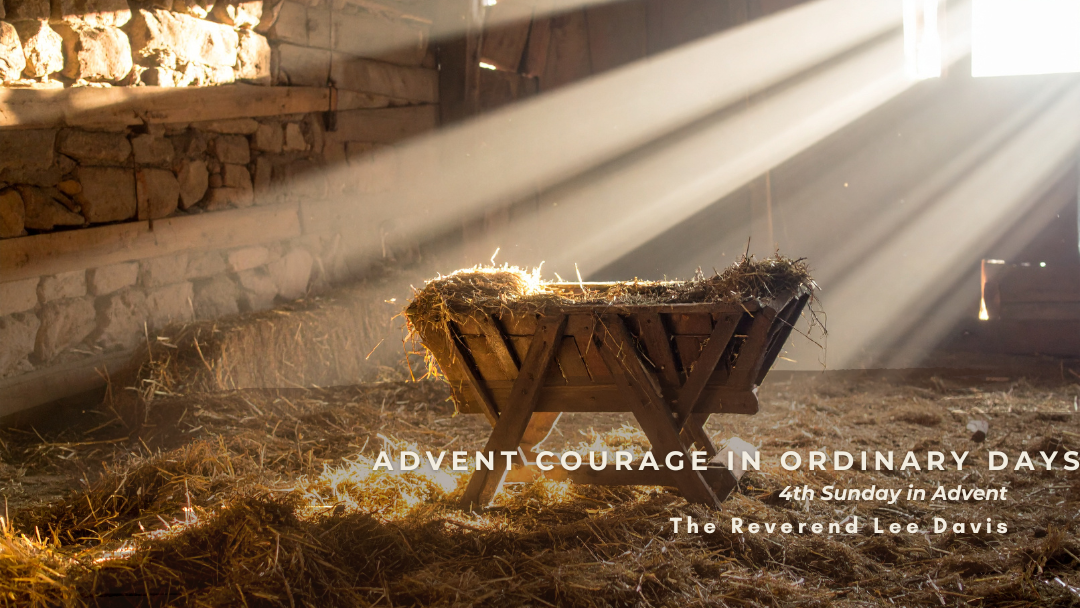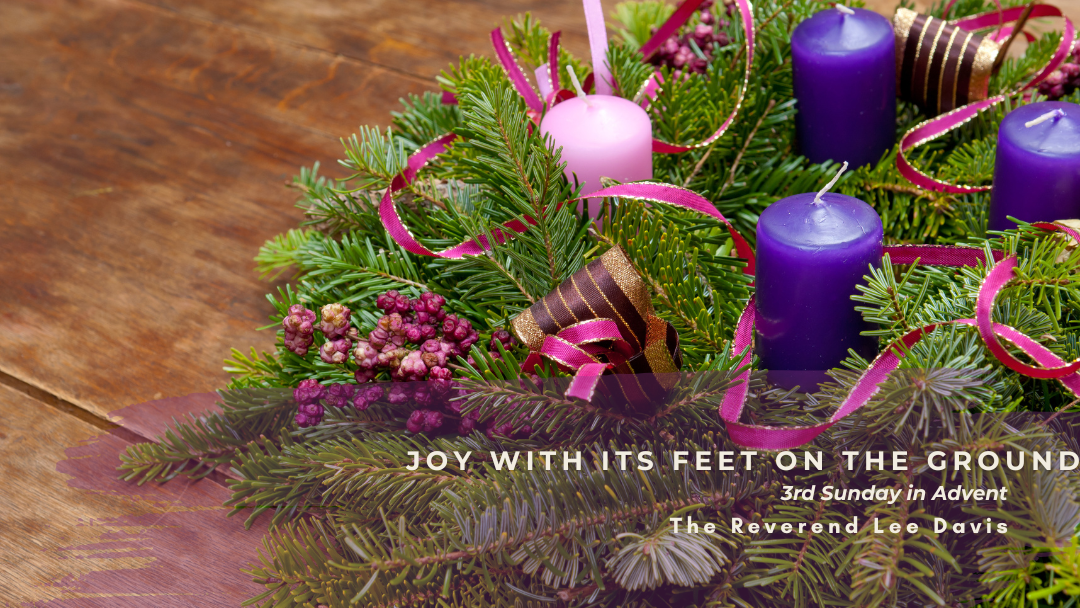My new favorite Saint, Mother Maria of Paris
A Saint of Open Doors, Bold Faith, and Unwavering Compassion
At our clergy retreat last week, I was introduced to the extraordinary life of Mother Maria of Paris—a saint whose vibrant humanity and resolute commitment to God has made her one of my favorite saints. Born Elizaveta Pilenko in 1891 in Russia, she was raised in a time of significant social and political upheaval. Elizaveta was initially a poet and writer, and she embraced the intellectual and cultural movements of her time. However, the suffering and hardship brought on by the Russian Revolution deeply affected her, and over time, she began to feel a call to serve others more directly. This call ultimately led her to renounce her former life and take on the monastic name Maria.
Elizaveta’s journey from Russian society to monastic life was marked by a desire to serve the marginalized and to live out her faith in a tangible, visible way. After the Russian Revolution, she fled to Europe and eventually made her way to Paris, where she became a part of the Russian Orthodox émigré community. In Paris, Mother Maria’s work took on a new form—she focused her energy on providing aid and shelter to the most vulnerable, particularly refugees, the poor, and those displaced by war. Her ministry was grounded in a radical sense of hospitality, rooted in the belief that every person, regardless of their background or circumstance, is an icon of God.
In Paris, she was known for her tireless work among the marginalized. Each day, Mother Maria would make her way to Les Halles, the bustling market of Paris, where she would either beg for food or purchase what had not been donated. She was well known as the “cigarette-smoking beggar nun” among the vendors and would return to her home with sacks filled with bones, fish, and overripe fruit and vegetables. Her daily life was as much about meeting people where they were as it was about feeding the hungry. Her ministry was not about charity from a distance, but about a radical engagement with the world around her, a deep commitment to embodying the incarnational love of Christ.
One of Mother Maria’s most powerful teachings was encapsulated in her statement:
"Give from the heart since each person is the very icon of God in the world."
For her, giving wasn’t just about the material act of giving; it was an invitation to recognize the divine presence in every person we encounter. She believed that every human being, no matter their station or circumstance, bore the image of God. This perspective aligned deeply with our Anglican theology of the incarnation—that God became flesh in Jesus Christ and continues to be present in the world through the lives of His people.
Her ministry in Paris was not just about providing for the physical needs of the poor, but also about creating a space where everyone, no matter how forgotten or broken, could experience God’s love. Her open door to all, and her willingness to engage in even the most ordinary, humble activities, were expressions of a deeply incarnational faith. She often mingled with the working-class and marginalized, living alongside them in a way that embodied Christ’s call to be present with those most in need.
During World War II, Mother Maria's ministry took on an even more dangerous and sacrificial dimension. She joined the French Resistance, providing shelter to Jews and others being persecuted by the Nazis. Her courage in the face of such oppression led to her arrest in 1943. She was sent to the Ravensbrück concentration camp, where, despite the unbearable conditions, she continued to offer love and compassion to her fellow prisoners. There are stories of her sharing the little food she had with others, even as she herself suffered. She died at the camp in the gas chambers on Holy Saturday in 1945, but her legacy of love, courage, and service continues to inspire.
Mother Maria’s life challenges us to rethink what it means to live a faithful, holy life. It is not about removing ourselves from the world’s struggles, but engaging with them fully and with an open heart. Her words, “Give from the heart since each person is the very icon of God in the world,” remind us that holiness is found in the way we treat others, in the way we see the divine in everyone we meet. As Episcopalians, we are called to recognize the presence of Christ in every person, to see the face of God in the stranger and the poor, and to serve with the same radical love that Mother Maria showed throughout her life.
As we reflect on her legacy, let us strive to live lives of bold compassion, recognizing that each person we meet is an icon of God’s love. May we, like Mother Maria, give from the heart, seeing Christ in every encounter and extending the love of God to all.




